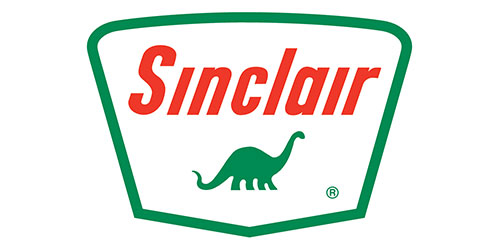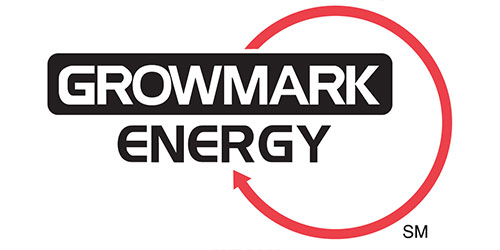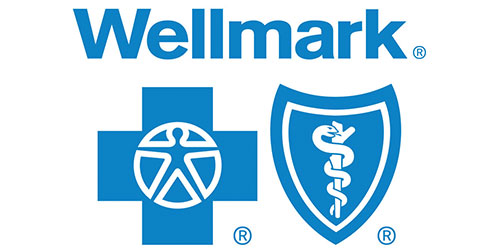
Senate bill repeals corn ethanol mandate
July 28, 2021 | 
Senators Dianne Feinstein, D- Calif., Pat Toomey, R-Pa., Bob Menendez, D-N.J., and Susan Collins, R-Maine, introduced the Corn Ethanol Mandate Elimination Act, a bill to end the corn ethanol mandate in the Renewable Fuel Standard. The bill would help reduce carbon emissions from transportation fuels by removing the volume requirements for corn ethanol while leaving in place the volume obligations for advanced and cellulosic biofuels and biodiesel.
The RFS mandate requires annual increases in the amount of renewable fuel that must be blended into the total volume of gasoline refined and consumed in the United States. The RFS requires gasoline and diesel producers to blend increasing volumes of renewable biofuels in their supply. Next year, the law will require 36 billion gallons of ethanol to be blended, however, the senators state “the blending requirement could result in the emission of 7,600 tons of nitrogen oxides and 19,000 tons of volatile organic compounds, key drivers of climate change.”
“The federal corn ethanol mandate no longer makes sense when better, lower-carbon alternatives exist,” says Feinstein. “Corn ethanol achieves little to no reductions in greenhouse gas emissions. It’s time to end the mandate and instead support more advanced biofuels and biodiesel that won’t contribute to climate change or drive up the cost of food.”
The bill authors note the conventional blending requirement limits the acceptance of advanced biofuels. In 2007, Congress passed the Energy Independence and Security Act to substantially increase production of cellulosic and advanced biofuels, which have lower greenhouse gas emissions than corn ethanol, to reduce consumption of fossil fuels. Instead, corn grain remains the most dominant feedstock used for biofuel production.
While speaking on the Senate floor July 22, Sen. Chuck Grassley, R-Iowa, says many of the anti-ethanol bills introduced in the Senate won’t go anywhere, but are simply “messaging documents.” He adds, “When it comes to the RFS, it is hard to argue there has ever been a more successful clean fuels policy implemented across the world.”
The senators who introduced the bill claim the use of corn for ethanol has increased feed and fuel prices as it uses 40% of the corn crop. Grassley shares that in 2014, the Congressional Budget Office looked at the impact on food prices if the RFS was fully repealed and concluded that American food prices would be just one quarter of one percent higher if the RFS was kept in place versus total repeal.
“Out of a $100 grocery bill, the impact is no more than a quarter,” Grassley says. “But when you consider that there is a savings of $5 every time you fill up at the gas station due to the RFS, consumers save money overall with the RFS in place.”
Grassley also adds that the claim that corn-ethanol achieves little to no reductions in greenhouse gas emissions “might be the most ridiculous assertion.” He shares recent research from Harvard which shows that corn ethanol’s GHG emissions are 46% lower than gasoline. Research by USDA found that the reduction in CO2 could reach 71% by next year if farmers follow best practices.
The National Corn Growers Association strongly opposes the bill. “This bill is ill-conceived and would have a devastating impact on air quality, the diversity of our energy supply, fuel prices and rural economies,” says NCGA president John Linder. “Blending ethanol into the fuel supply is one of the most effective ways to lower carbon emissions to combat climate change and replace the most toxic components of gasoline.”
Today’s corn growers sustainably produce more corn on less land with fewer resources than when the RFS was enacted and are committed to further improvements in sustainability, NCGA adds. These extraordinary results have been accomplished as food price inflation has decreased as ethanol production has grown.
“The RFS has been an incredibly successful policy, thanks to the innovation and contributions of corn farmers,” adds Linder. “If you want to understand today’s sustainable corn and ethanol production, you can always ask a farmer for the facts. If members of Congress want to reduce use of the low carbon renewable fuels that have enabled successful environmental policies, this bill would certainly do it.”















































